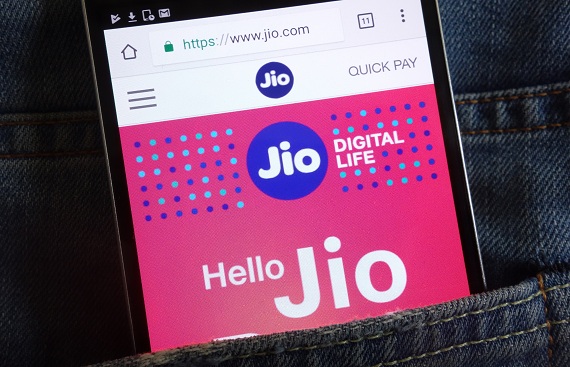Reliance Jio Reportedly Blocks VPN and Proxy Services

The third largest mobile network operator in India, Reliance Jio, appears to be actively blocking access to many popular Virtual Private Network (VPN) and proxy websites, violating a core principle of net neutrality.
Reports of restricted content first emerged on January 3rd, when Reddit users complained that they couldn’t access specific VPN and proxy websites. Reliance Jio, which has over 250 million users, appears to have blocked these sites despite their official legality.
According to a report by Quartz, a minimum of seven proxy and VPN sites were blocked by the telecommunications giant. Popular sites include Hide.me, VPNbook, Hidester, Proxysite and Megaproxy.
The use of VPNs and proxy servers is not currently illegal in India. However, by blocking access to these sites Jio could be in violation of Indian net neutrality laws which state that all internet traffic must be treated equally by Internet Service Providers (ISPs).
The fact that no other telecom operators are currently restricting access to these sites suggests that Jio is operating outside of any official government orders, according to Apar Gupta - executive director of Internet Freedom Foundation.
Others fear that this ban foreshadows an official government position which has yet to be made public, or that Jio is simply ‘one step ahead of everyone else.'
This latest example of censorship comes just months after the government attempted to ban online pornography. On September 27th, India’s Department of Telecommunications (DoT) ordered ISPs to block over 800 websites believed to be hosting pornographic content.
Following the legislation, many users began using proxy servers and VPN software to bypass the ban.
A VPN encrypts your internet traffic, hiding your IP address in the process, which allows users to access restricted content through geo-spoofing. Despite the recent crackdown, several VPNs are still available in India on different networks.
It is currently unclear whether this latest bout of censorship is related to people attempting to bypass the pornography ban or whether it’s even intended to be permanent.
When users try to access the newly banned sites, they are greeted with a message that reads: ‘You are not authorized to access this web page as per the DoT compliance.’
At this stage it’s unclear what, if any, DoT directive has been issued. More importantly, the message raises the question as to whether this marks the beginning of a state-wide shift regarding the legality of proxy and VPN servers, or whether Jio is acting alone intentionally.
Reliance Jio is yet to respond publicly.
Read More News:
